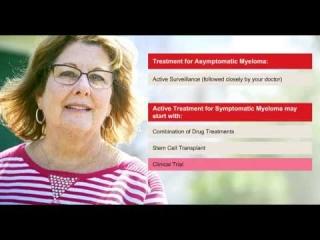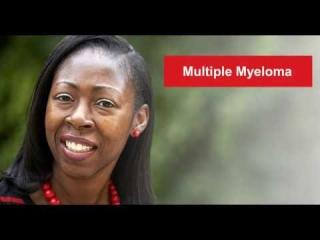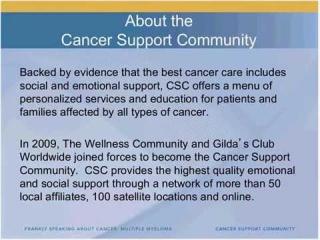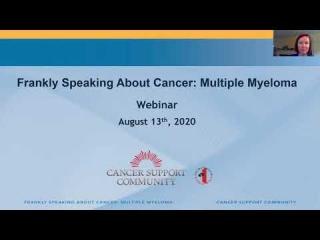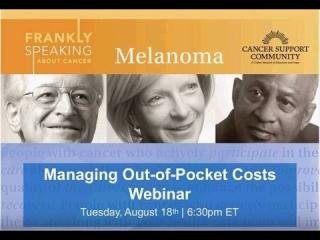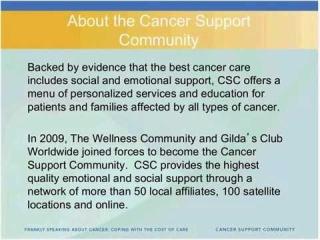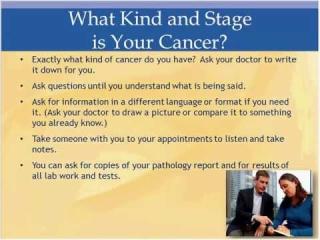Treatment for Symptomatic Multiple Myeloma
Welcome to the Quick Guide to Treatment for Symptomatic Multiple Myeloma. This Quick Guide will cover different treatment options for Symptomatic Multiple Myeloma. We will also give a brief overview of symptoms and side effects.
Learn More About Treatment and Side Effect Management for Multiple Myeloma
